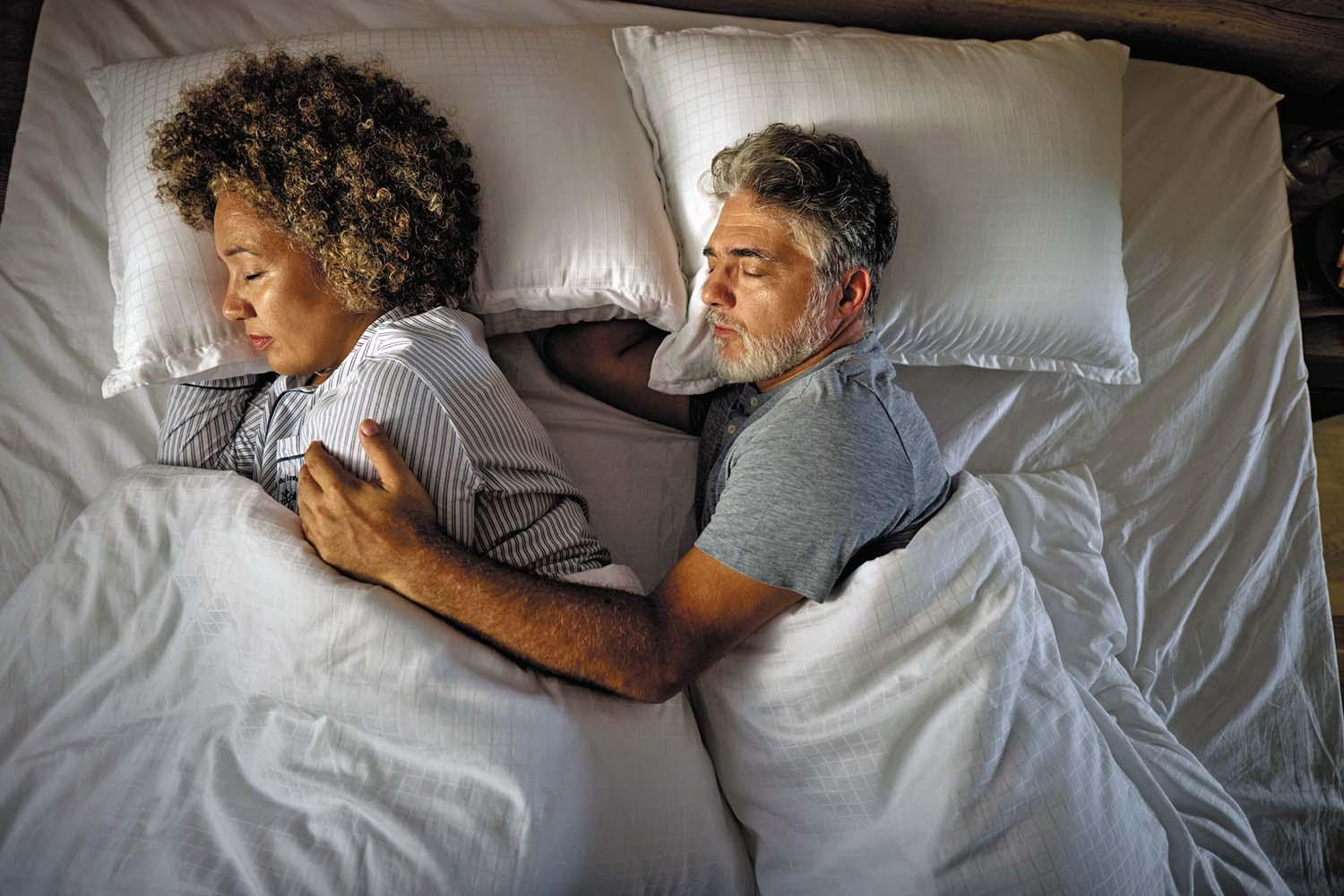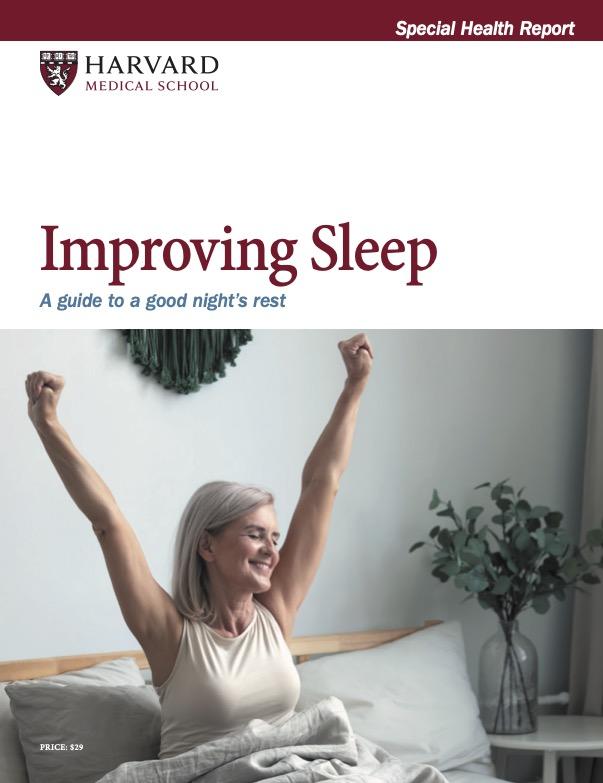The hidden heart danger of insufficient sleep
Regularly sleeping less than six hours per night can lead to health problems that can harm your heart.
- Reviewed by Anthony L. Komaroff, MD, Editor in Chief, Harvard Health Letter; Editorial Advisory Board Member, Harvard Health Publishing

We all know that an occasional night of little sleep makes for a difficult day of grogginess, fuzzy thinking, and mood swings. You might also know that regularly skimping on sleep makes symptoms worse and leads to stress and weight gain. But many people are unaware that insufficient sleep also poses dangerous health risks, especially for your heart.
How much sleep is too little?
Research shows the average person needs seven to nine hours of sleep per night. That can be difficult to achieve as we age, when it’s common to sleep a little less than seven hours per night. But if you’re getting less than six hours per night, your health is in jeopardy.
For example, a large analysis published online May 27, 2025, by the American Journal of Lifestyle Medicine, tied chronic sleep deficiency to high blood pressure, coronary artery disease, stroke, diabetes, obesity, mental health disorders, and even premature death. Other studies have linked chronic sleep deficiency to nearly three times the risk of heart disease (if you have several sleep problems) and a 20% higher incidence of heart attacks.
Why does it hurt the heart?
Insufficient sleep isn’t necessarily a direct cause of heart and vascular problems. It triggers a long list of physiological and hormonal changes — such as increases in blood pressure, blood sugar, and inflammation — that contribute to heart problems.
A lack of sleep also disrupts hormones that control hunger and appetite, often causing people to overindulge in foods rich in fat and carbohydrates — a quick path to weight gain.
Nationwide health surveys have found that people who average less than seven hours of sleep per night have higher rates of obesity, compared with those who get adequate amounts of sleep. Obesity is a major contributor to heart disease, chronic inflammation, and diabetes.
Change your sleep habits
If you’re not getting at least seven hours of uninterrupted sleep on most nights, consider your sleep habits. Are you waking up at the same time every morning? That’s essential to help anchor your sleep-wake schedule.
You should also try to go to bed at the same time every night (hopefully that’s at least seven hours before your wake-up time).
If you have a hard time falling or staying asleep, try these strategies.
Create a healthy sleep environment. You need comfy bedding and a dark, cool room (68º F or a little higher is ideal).
Turn off electronic devices. Shut them down at least an hour before bedtime to reduce your exposure to blue light (which might delay sleep) and remove the temptation to keep watching TV or scrolling on your phone.
Turn the lights low. Switch off bright overhead lights in your home a few hours before bedtime. That alerts the brain that it’s time to wind down.
Avoid late-night exercise. Exercise is stimulating, and it raises your body temperature (which makes it hard to fall sleep). Avoid vigorous activity in the two hours before bedtime.
Skip a nightcap. Alcohol’s sedating effects can help you nod off. But over the next couple of hours, alcohol becomes a stimulant: you’re less likely to have deep, restorative sleep.
Cut down on caffeine. Avoid caffeinated drinks after midday. Caffeine blocks a brain chemical that helps you fall asleep. Caffeine and alcohol also increase the need to get up to go to the bathroom during the night, which interrupts your sleep.
See your doctor
Many health problems can disturb sleep, such as chronic pain, restless legs syndrome, sleep apnea, heartburn, incontinence, medication side effects, stress, anxiety, and more. Talk to your doctor to identify and treat underlying conditions or change a troublesome medication.
If your doctor suspects that you have chronic insomnia, it might be time to try cognitive behavioral therapy for insomnia (see “What is CBT-i?”) or work with a sleep specialist. But try not to put it off. Your health — especially your heart health — and longevity are at stake.
What is CBT-i?Cognitive behavioral therapy for insomnia (CBT-i) is a safe and effective non-drug approach to treat chronic insomnia. To find a therapist, check the Society for Behavioral Sleep Medicine (click “Providers”). Another option is an app called CBT-i Coach, developed by the Department of Veterans Affairs. While it was designed for people suffering from insomnia and post‑traumatic stress disorder, anyone can download it for free. |
Image: © skynesher/Getty Images
About the Author

Heidi Godman, Managing Director
About the Reviewer

Anthony L. Komaroff, MD, Editor in Chief, Harvard Health Letter; Editorial Advisory Board Member, Harvard Health Publishing
Disclaimer:
As a service to our readers, Harvard Health Publishing provides access to our library of archived content. Please note the date of last review or update on all articles.
No content on this site, regardless of date, should ever be used as a substitute for direct medical advice from your doctor or other qualified clinician.
















